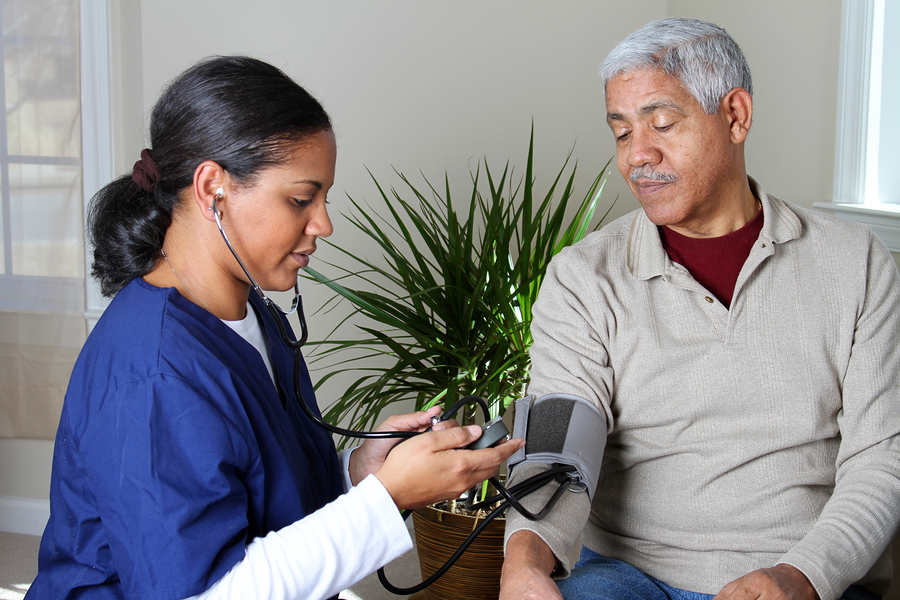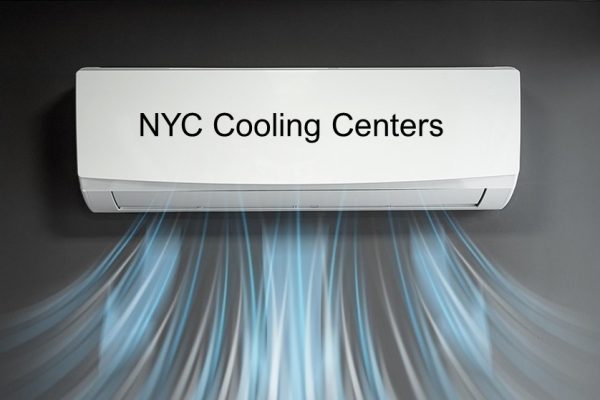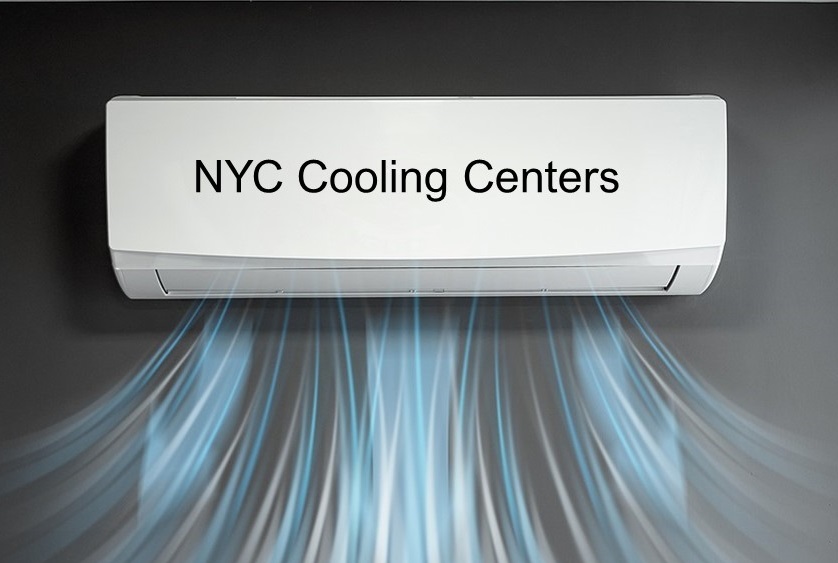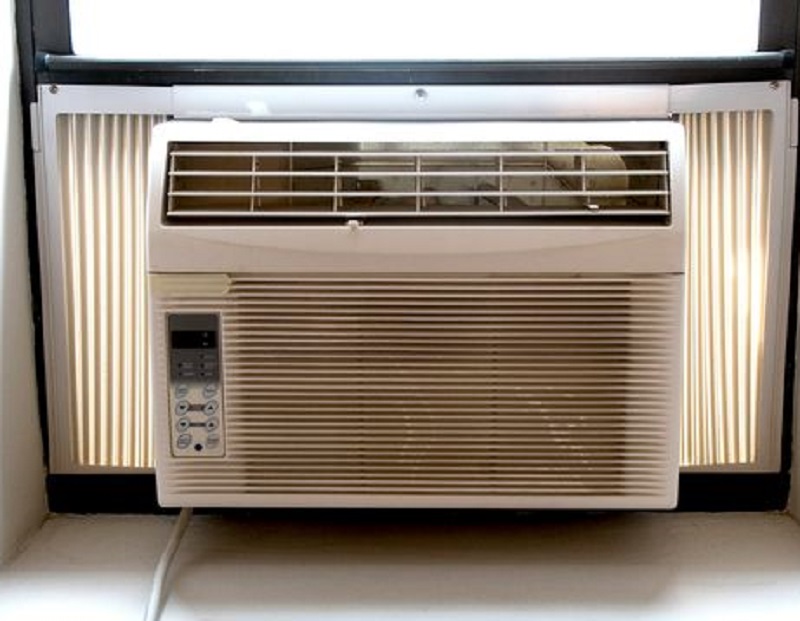Diabetic retinopathy is a vision complication caused by diabetes that, if left untreated, can lead to eventual blindness. Here, we go over the causes, symptoms, and treatments.
Symptoms
Diabetic retinopathy can happen in different stages.
Non-proliferative diabetic retinopathy (NPDR) occurs during the earlier stages when the blood vessels inside the retina (the tissue lining the back of the eye) begin to leak. The fluids excreted from the blood vessels seep into the retina, causing it to thicken and swell, damaging the tissue. This can cause:
- Cloudy and blurred vision
- Spots or floaters in vision
- Seeing a dark or empty spot in center of vision
- Difficulty seeing at night and in the dark
In many cases, diabetic retinopathy shows little to no symptoms during its earliest stages, so it is always important for those with diabetes to get a comprehensive dilated eye examination yearly.
Proliferative diabetic retinopathy (PDR) occurs during the later stages of the disease. New deformed blood vessels begin to grow in the eye, causing serious damage to the tissue surrounding it. The damage causes fluid to pool in the back of the eyes and blood to leak out of the vessels. This can cause the symptoms above to become more severe and can cause blindness, if left untreated.
Diabetic Retinopathy can happen in both eyes. Those with high blood sugar can experience fluid filling in their eyes, blurring their vision. This can be controlled by keeping track of one’s blood sugar.
Who’s at risk?
Those with Type A and Type B diabetes and long-time diabetes sufferers are at a higher risk of developing diabetic retinopathy, especially if not maintained and treated correctly. Those with high cholesterol and high blood pressure are also at risk.
Prevention and treatment
When diagnosed, diabetic retinopathy can be treated with laser eye surgery, injections, or surgery procedures, depending on how far along the disease is.
For those at risk of diabetic retinopathy, it is important you:
- Take your prescribed medication
- Maintain a healthy diet and exercise regularly
- Control high blood pressure
- Avoid alcohol and smoking



















